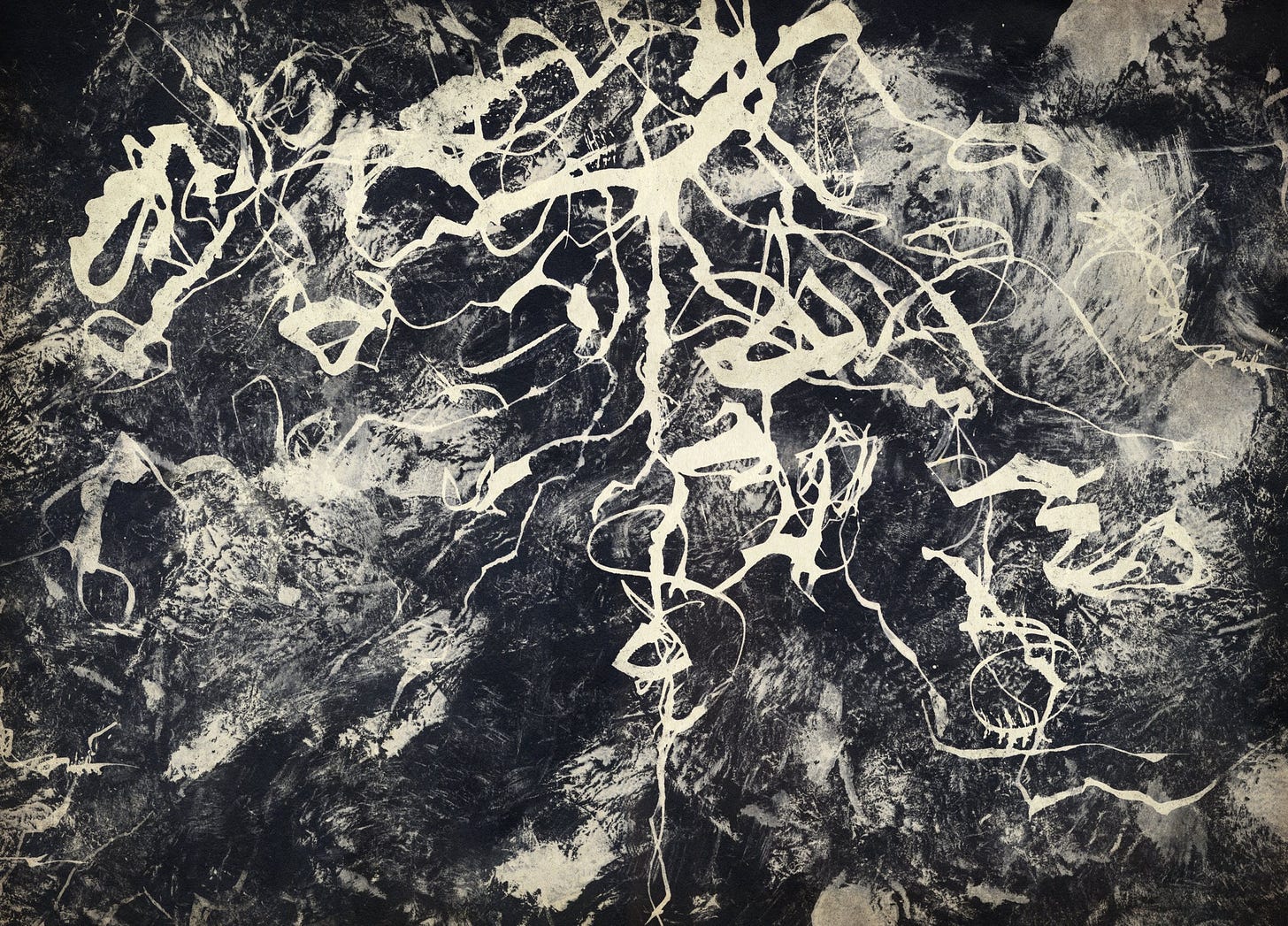Futuring Begins as the Freedom to Imagine Otherwise [Excerpt]
Excerpt from my forthcoming manuscript, Fragments of an Integral Future.

The following is an excerpt from a late chapter of my forthcoming manuscript, Fragments of an Integral Future. The chapter is entitled “Reclaiming Time as Integral Futuring: Mark Fisher, Jean Gebser, and Post-Capitalist Futures."
This is the second excerpt in an ongoing feature series. Read excerpt one here. If you found the topic of re-visioning our cultural perception of time intriguing, read the previous excerpt here: “The future arrives through strange reversals.”
***
If there is to be a tomorrow, it cannot be arrived at through the progression of linear steps, nor realized by the same, dangerously one-sided and future-oriented thinking that modernity has employed for over two centuries. The new mutation in question invites a radical kind of reorientation. Faith in the future must be replaced by faith in the present. Gebser’s word for this new attitude is Urvertraeun, which translates to “primordial trust.” Only a consciousness of presence is capable of withstanding and inhabiting the intensification of time.
Presence blooms as the fulfillment of time—both the stillness of its being and the restless dynamism of its creative becoming.
Achieving this mutation is no easy feat. What are we asked to do? At the very least then, perhaps as a place one can start, it begins with imagination. We must strive to imagine a time beyond progress. The quintessentially modern notion of linear time, a time fixed to the hours and seconds of the clock, threatens to destroy our collective chances for any semblance of a habitable future. And so we begin here, with dreaming forward some other end of the world. Let us compost Blake’s ‘futurity,’ and so doing, make it possible for other tomorrows to have their chance. The tomorrow called ‘progress’ is no longer possible, and so what? Perhaps something far more interesting is in store for us, but it begins by putting down the clock, walking away from narratives of ascent. It starts when one learns to come to the world open-handed, with a certain degree of care for where one finds oneself, and who one finds oneself in relation with (the 'concrete,' as Gebser describes, or 'actual occasions' in Whitehead's terms). When we release outlived myths, when we let them ‘go to ground,’ we finally have a certain spaciousness to engage with the question at hand. We are finally free to ask: what else is possible? Human beings must be free to imagine otherwise if they are to become otherwise. It is only by putting down the old stories that we make room, as it were, for a new relationship with time to take root in us.
This new relationship is a reclamation of time from the ‘false’ time of progress, and a restoration of our capacity to feel at home in the present. It means being in relation again, not ‘stuck’ in the rush of forward motion. The latter, as we see everywhere today, proliferates the phenomenon of ‘temporal dissipation,’ [Byung Chul Han’s concept discussed in a previous chapter] exacerbating the late modern experience of atomization and alienation.
We must risk ourselves, dare to be vulnerable, dare to be in relation with an open present.
It is only through this leap of trust that the future has its chance.
*
This is the second excerpt in an ongoing feature series. If you found the topic of re-visioning our cultural perception of time intriguing, read the previous excerpt here: “The future arrives through strange reversals.”
Paid subscribers receive longer excerpts from the manuscript as they become available. They also receive invites to the monthly Mutations call, a discussion group that occasionally doubles as a book (or essay) club.
And as always, thank you. You—your readership and patronage—make all of this possible.


“This rings true in the marrow. Presence is the mutation—beyond progress, beyond clockwork, into coherence.”
And Mixing up the ingredients from your/our fifth Integral Futuring course today in yet a different array ( from poet John Roedel also today)
I have never met a river
that regretted becoming one.
Streams never look back
at the mountain ---
they only look toward the horizon
when the ocean calls out to them:
"My love,
You aren't changing.
You are unfolding.
You are flowing..
You are carving your name in the Earth
as you seek your Sea.
And when you arrive, you'll recognize
the waves -- not as an end --
but as family.